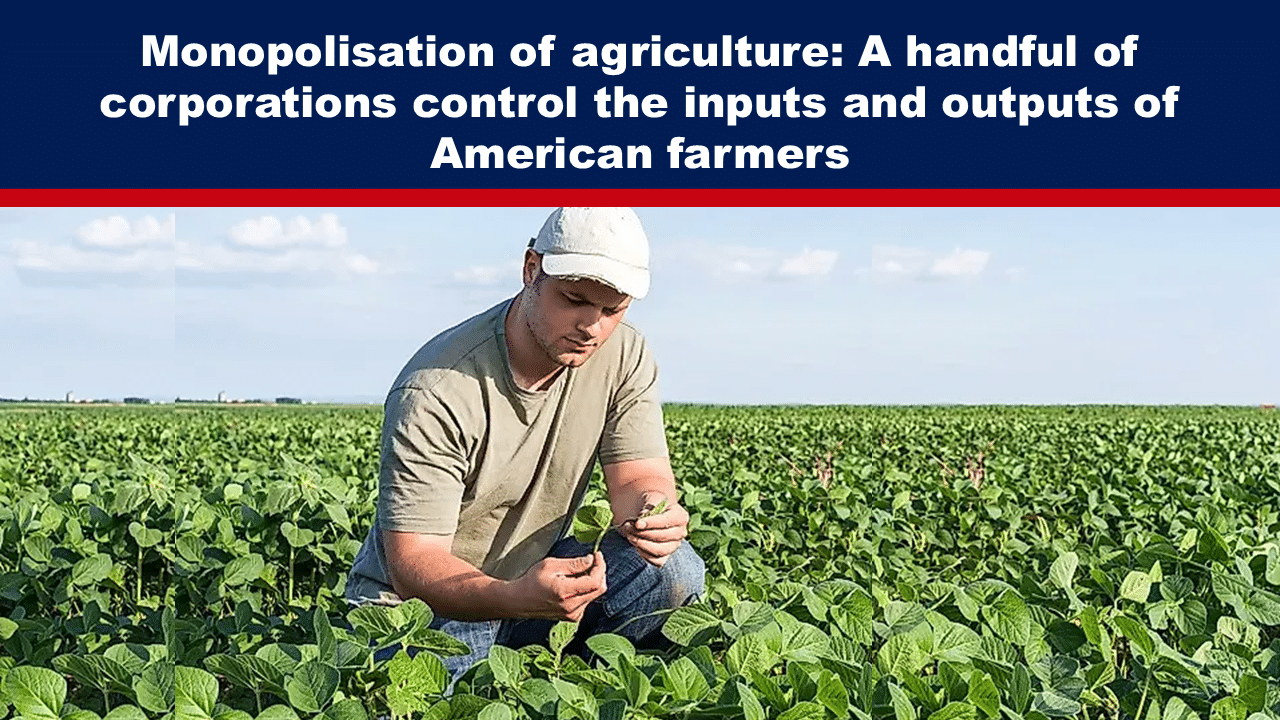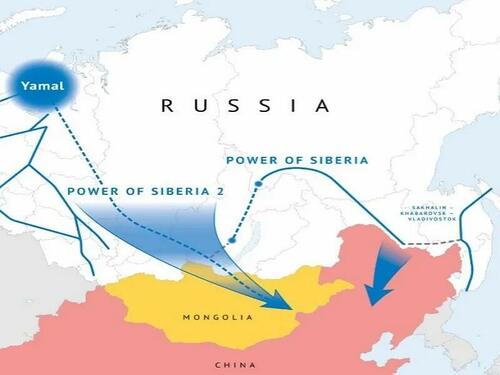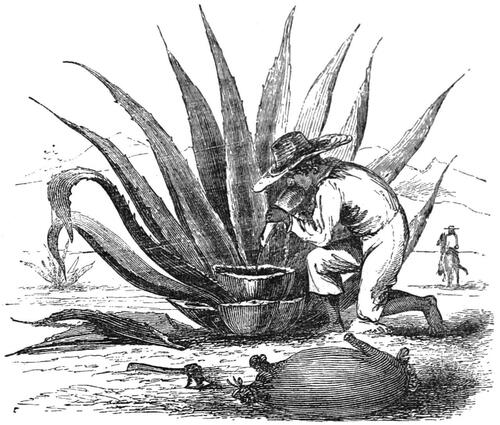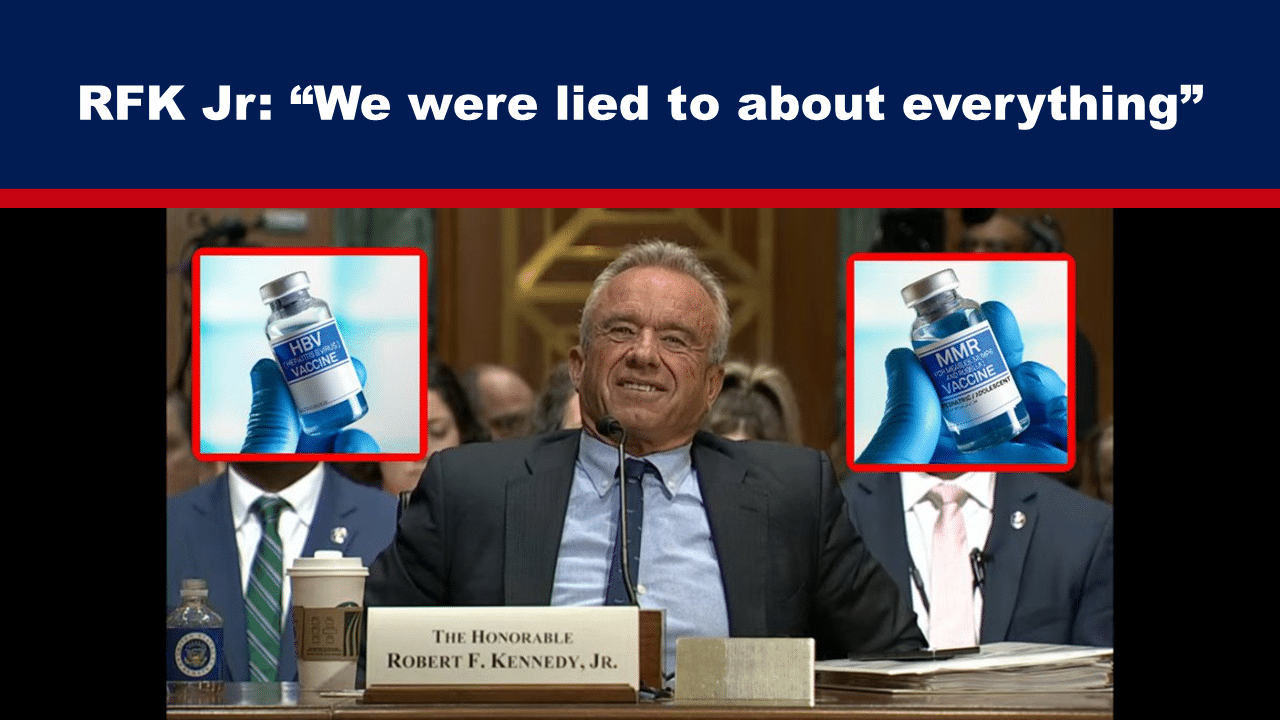Monopolisation of agriculture: A handful of corporations control the inputs and outputs of American farmers – The Expose

Monopolisation of agriculture: A handful of corporations control the inputs and outputs of American farmers
Joe Maxwell, a farmer and lawyer, discusses the issue of monopolies in the US agricultural system, where a handful of companies control most aspects of farming and food production.
The monopolisation of the agricultural sector has led to limited choices for consumers, high prices and tremendous political power for companies. Four companies, for example, control over 85% of beef and 70% of pork products.
In addition to sandwiching farmers between companies that monopolise farmers’ inputs and outputs, legislation regarding farmers’ subsidies has been influenced by large agricultural companies. Government subsidies primarily benefit large farmers and corporations, while smaller farmers struggle to survive.
Let’s not lose touch…Your Government and Big Tech are actively trying to censor the information reported by The Exposé to serve their own needs. Subscribe now to make sure you receive the latest uncensored news in your inbox…
If you are unable to watch the video above on Rumble, you can watch it on CHD TV HERE.
Joe Maxwell is an American farmer and lawyer. He held office in Missouri for 14 years, serving as a member of the House of Representatives, Senate and as Lieutenant Governor. He is also the co-founder of an organisation called Farm Action.
Farm Action published a report this month titled ‘“Kings Over the Necessaries of Life”: Monopolisation and the Elimination of Competition in America’s Agriculture System’. It is a comprehensive report providing definitive evidence of corporate control over who gets to farm, how they farm, what food gets produced and sold in the USA, and how much consumers must pay for it. Throughout the interview, Meryl Nass refers to this report. You can read the report HERE.
“Today,” Meryl Nass said, “we’re going to be talking about monopolies, which is important, really, to everyone in the US and the world because monopolies are a reason why we don’t have freedom of choice, why prices are high, why companies have tremendous political power.”
Monopolies in the Farm and Food System
Maxwell explained that a handful of companies control most aspects of the farm and food system. Four companies control over 85% of all beef, for example, and almost 70% of pork. Only four companies control as much as 70% of corn seeds and 80% of soyabean seeds. So, just a handful of companies control the input side for farmers, such as seeds, fertilisers and equipment, and the purchasing of cattle or livestock. And most of those companies are foreign-based.
The monopolisation isn’t only happening with the farmer’s inputs. Only four companies control the slaughter, processing and sales of the vast majority of these products, including beef, pork, corn and wheat.
As Nass summarised, farmers are sandwiched between two monopolies: an input monopoly and an output monopoly. This is why farmers are unable to make a profit, and the consumers are left with limited choices.
In a capitalist system, competition is a fundamental factor that allows the economy to function. But monopolies, by controlling so much of a particular sector, eliminate competition.
With monopolies, “there are no checks and balances. Supply and demand rules, economic rules or law, as we economists say, don’t work. So that’s what the problem is. [With] that much control, the economics, the capitalist system does not function other than for the benefit of those monopolies,” Maxwell said.
History of Monopolies and Anti-Trust Laws
The problem of monopolies began in about 1980 when Ronald Reagan became President. This is when the Government started to take a back seat to enforcing anti-trust laws such as the Clayton Act, the Sherman Act and the Packers and Stockyards Act, which were established in the late 1800s and early 1900s to prevent monopolies.
“Reagan comes along, we have this whole concept of efficiency rule. We want to help consumers. We’re going to do that by ignoring those [anti-trust] rules. And we’re going to step back and not enforce them,” Maxwell said.
Not enforcing anti-trust laws has continued in subsequent administrations, with both Republican and Democrat governments.
The lack of enforcement of these laws allowed big companies to get even bigger, resulting in consumers having no choice and the agricultural sector becoming locked in an industrial model that relies heavily on pesticides and chemicals, which are tied to the traits and the seeds. “So, farmers are locked in with little choice,” Maxwell said. “That’s what we’re fighting – control by a handful of companies like Bayer Monsanto, Syngenta [and] ChemChina controlling this input.”
Related: Report details how a handful of Corporations are taking control of the World’s Food Supply
The Farm Bill and Its Effect on the Agricultural Sector
The Farm Bill, which was initially intended to help farmers, has been influenced by the monopolisation of the agricultural sector. And the United States Department of Agriculture (“USDA”), which was established in the 1860s to support farmers, has seen its original purpose compromised by the interests of large agricultural companies.
The government’s initial approach was to implement a supply management model, where surplus grains were stored to smooth out supply and price differentials in bad years. But the power and politics of large corporations and their influence on politicians, including Ronald Reagan, contributed to the shift in the government’s approach to farming, with a focus on crop insurance and subsidies.
There were various legislative provisions over the years, which culminated in a marked shift in 1996. In 1996, the Freedom to Farm Bill, formally known as the Federal Agriculture Improvement and Reform Act of 1996, marked an abandonment of the supply management model and a shift to the current model that consolidates agriculture, with bigger farms and fewer farmers, allowing large companies to work with a single farmer rather than multiple small-scale farmers.
The Freedom to Farm Bill led to the consolidation of wealth, with large farmers purchasing land and banks encouraging small-scale farmers to lease their land to bigger farmers, ultimately driving small-scale farmers out of business.
“Farmers became just landholders, and then later they would sell their land as the consolidation of wealth. So, the 1996 Freedom to Farm Bill became cash payments to farmers through commodity programmes and through crop insurance. Today, crop insurance … it’s really become a guarantee for profit for the largest farms in this country. So, we moved away from a supply management model to one that has supported big, getting bigger or getting out,” Maxwell explained.
The motivation for the Republican Party, Maxwell said, was to support big business, believing in the theory of trickle-down economics. But the motivation of the neoliberal side of the Democrat Party was their vision for globalisation.
The Republicans and the neoliberals got together and supported big business and industrial agriculture, Maxwell said. “They believed in big and that’s how, politically, those investments by those corporations into those campaigns led us to where we are today, where we have only an illusion of choice and farmers going broke.”
We’re using the word “monopolies” but the term “oligopoly” or “cartel” is more accurate, Nass suggested. There are often three or four large companies that work together and collude to control the market and set prices, “[it’s] illegal but they do it anyway,” so it is working like a cartel.
Change in Government Subsidies
Also in 1996, the Federal Agriculture Improvement and Reform Act was passed, which changed the way government subsidies were spent. These subsidies primarily benefit large farmers and corporations, while smaller farmers struggle to survive. Taxpayers are providing billions of dollars in subsidies to these large farmers each year.
“Taxpayers are now giving many billions of dollars a year to the biggest farmers and helping them to buy up the small farmers as they go out of business, and to control the markets along with these input and output monopolies,” Nass said.
The Farm Bill provides significant subsidies to these large corporations, with estimates of $26 billion a year. A The lending programme in response to trade wars has increased them from $26 billion to about $36 billion per year. The Big Beautiful Bill has increased the subsidies further, adding $67 billion over a 10-year period, which will primarily benefit less than 40% of farmers in America.
“This whole model is designed to further consolidate and concentrate our food system into an industrial model heavily laden with chemicals. Over 60% of the farmers will not receive any of the increase [in subsidies] that was provided for within the reconciliation of The Big Beautiful Bill,” Maxwell said.
Nass noted that, in general, 10% to 20% of subsidies go to the largest farmers who do not need them, allowing them to buy out smaller farmers. “This is why the US is losing 63 farms a day. We have lost 160,000 farms, 8% of our farms, over a 7-year period between 2017 and 2024. And the federal government, your taxes, are paying to put these farmers out of business, essentially, and enlarge the large farms which are using more chemicals, which are not producing the foods we want,” she said.
Impact of Government Subsidies on Food
The subsidy programme disproportionately benefits certain crops, such as corn and soya, which are used to produce ultra-processed foods with little nutritional value, as well as animal feed and ethanol.
The overproduction of government-subsidised corn and soya is leading to an excess of cheap, but unhealthy, food products, including those containing high-fructose corn syrup and polyunsaturated oils, which are detrimental to health.
The Need for Change and Promoting Healthy Foods
The US has experienced several merger waves in agriculture before. “We have been here before,” Maxwell said.
In previous consolidations of smaller farms into fewer large farms, it is not the Government that has stepped in to address it, he said. Rather, it has been the people “who got us out of it” by demanding change. “That’s where we are today.”
The current system of heavily subsidising grains that produce ultra-processed foods and cheap feed grains and fuel, while denying nutritious vegetables and fruits, is not sustainable. The claim that the US “feeds the world” is a lie, as the country is not even able to feed itself, Maxwell said.
The current agricultural system in the US is heavily reliant on importing fruits and food crops, while overproducing feed crops, corn syrup and crops that support a heavily chemically laden system funded by taxpayers, he explained.
“Until we get our government, our elected officials, to focus on healthy foods and healthy farms – and by healthy farms, I mean financially healthy for all the farmers, not just the biggest farmers – we’re not going to have the food on our plates that we deserve, a healthy plate for our children and ourselves. Until we the people rise up and demand that in Washington D.C. these folks are going to keep doing the same thing for the same goddarn campaign contributions they’ve been doing that got us here,” Maxwell said.
Adding, in the past, “government didn’t change. The people demanded it. The people rose up first.”
Video resources
- What a ‘Big, Beautiful, Bill’ Could Mean for Agriculture
- How farmers could benefit from Trump’s “big, beautiful bill”
- The One Big Beautiful Bill
- Farm Action Fund
- Meryl’s CHAOS letter (Critical Health Analysis and Opinions)
- Meryl Nass Slides 090225
- Door to Freedom
The Expose Urgently Needs Your Help…
Can you please help to keep the lights on with The Expose’s honest, reliable, powerful and truthful journalism?
Your Government & Big Tech organisations
try to silence & shut down The Expose.
So we need your help to ensure
we can continue to bring you the
facts the mainstream refuses to.
The government does not fund us
to publish lies and propaganda on their
behalf like the Mainstream Media.
Instead, we rely solely on your support. So
please support us in our efforts to bring
you honest, reliable, investigative journalism
today. It’s secure, quick and easy.
Please choose your preferred method below to show your support.
While previously it was a hobby culminating in writing articles for Wikipedia (until things made a drastic and undeniable turn in 2020) and a few books for private consumption, since March 2020 I have become a full-time researcher and writer in reaction to the global takeover that came into full view with the introduction of covid-19. For most of my life, I have tried to raise awareness that a small group of people planned to take over the world for their own benefit. There was no way I was going to sit back quietly and simply let them do it once they made their final move.

















